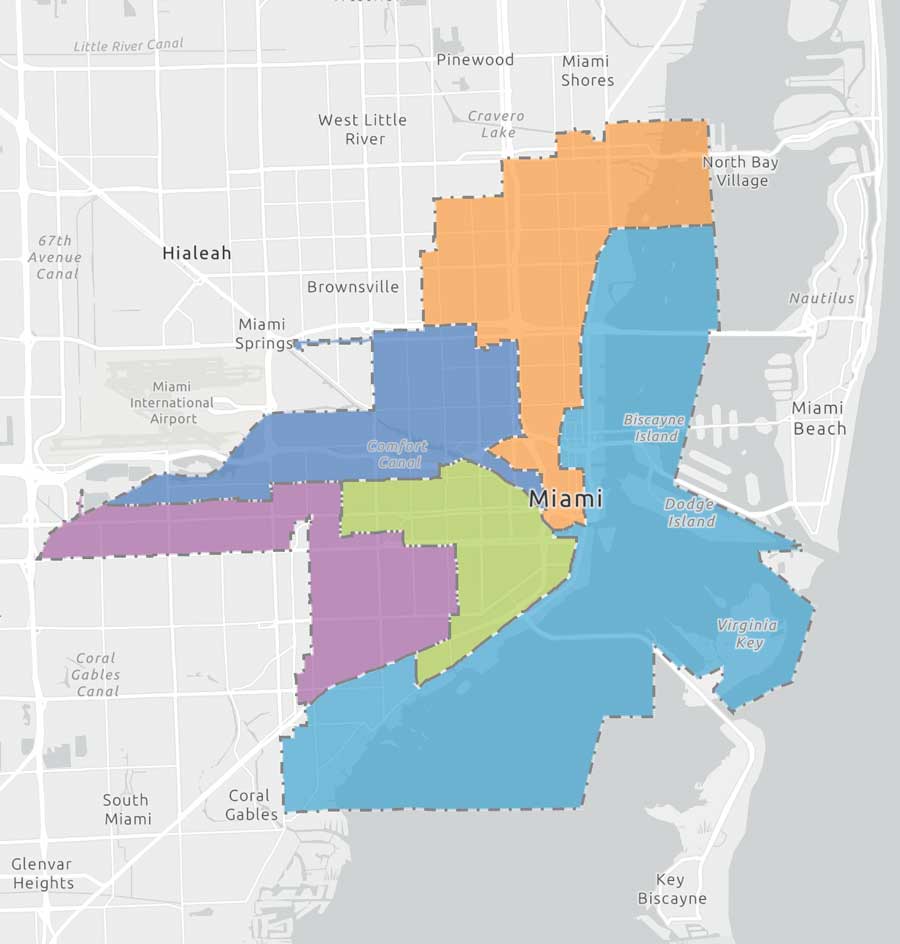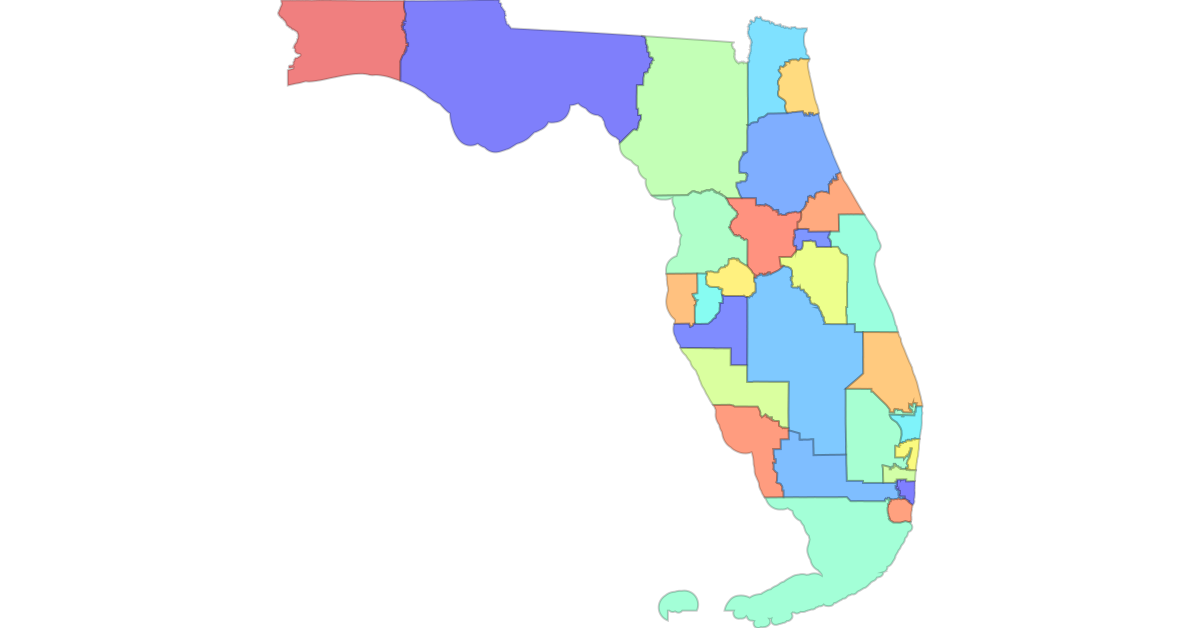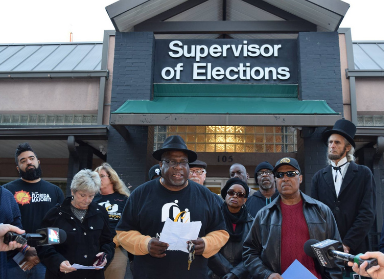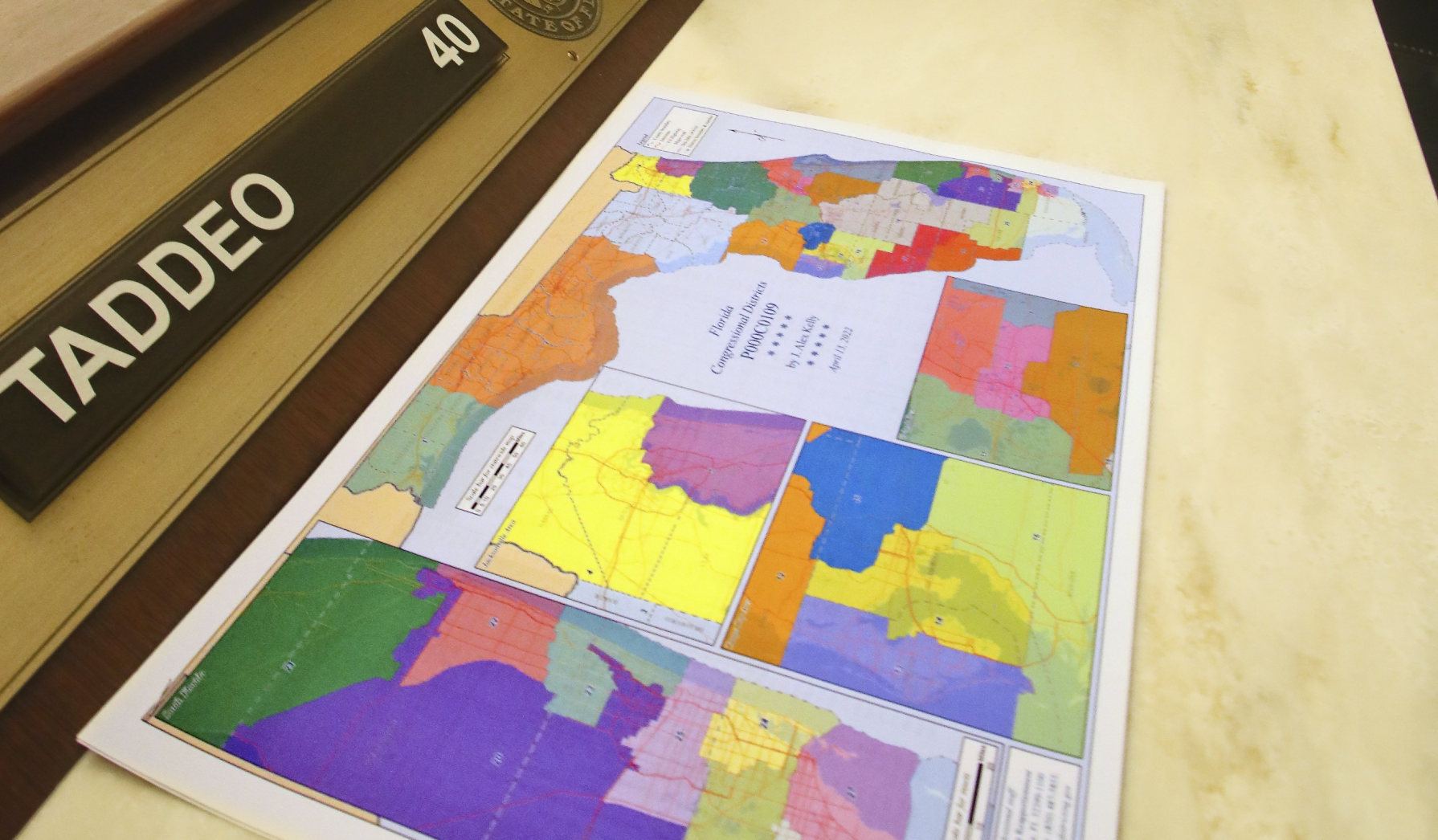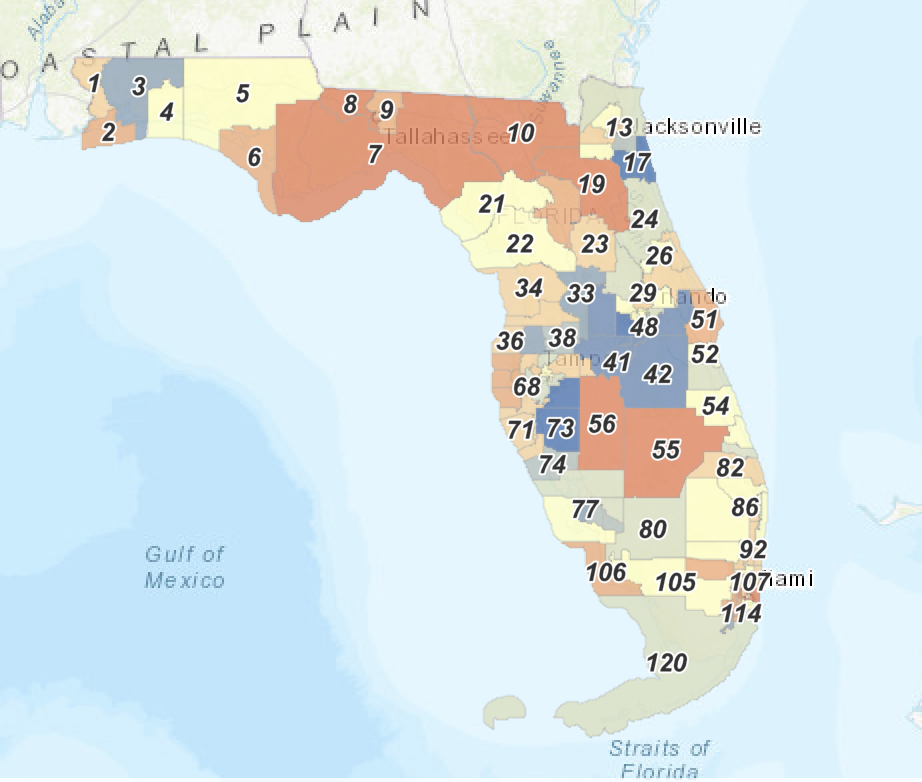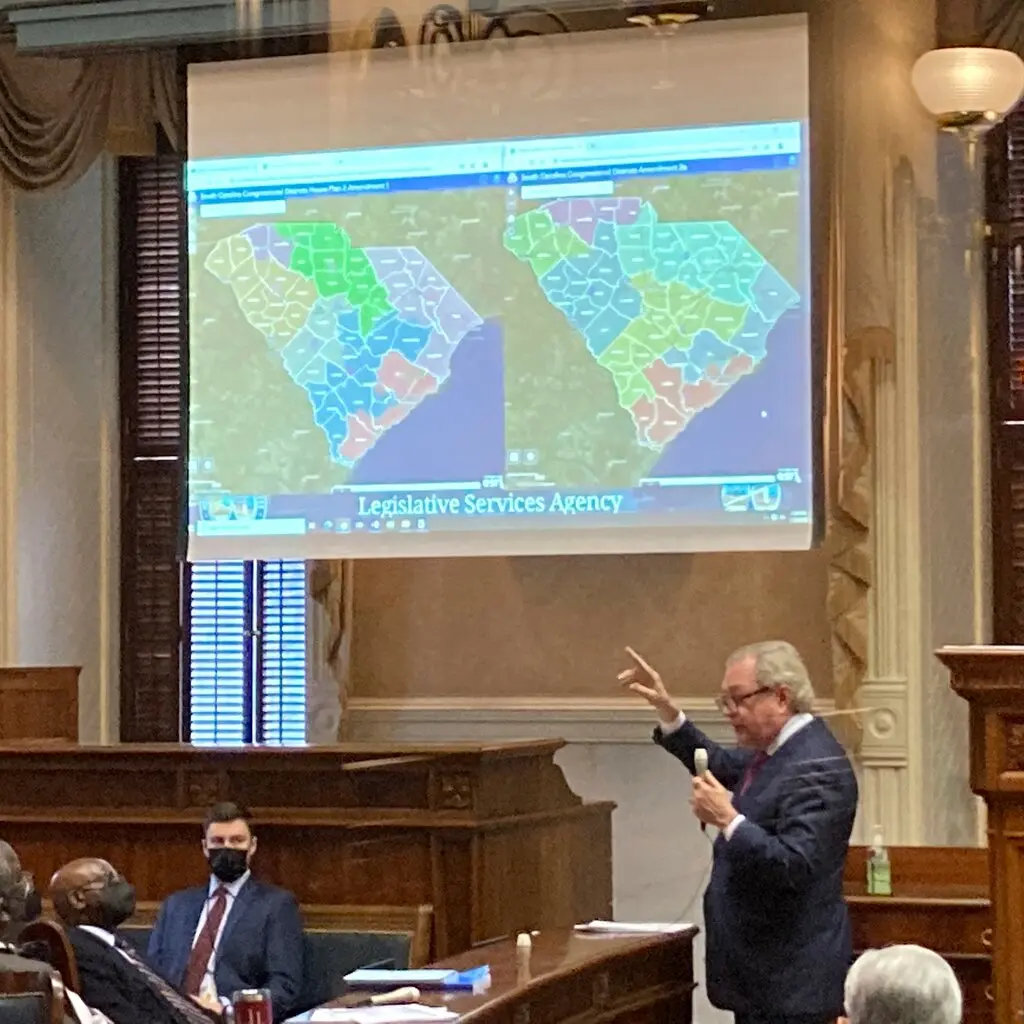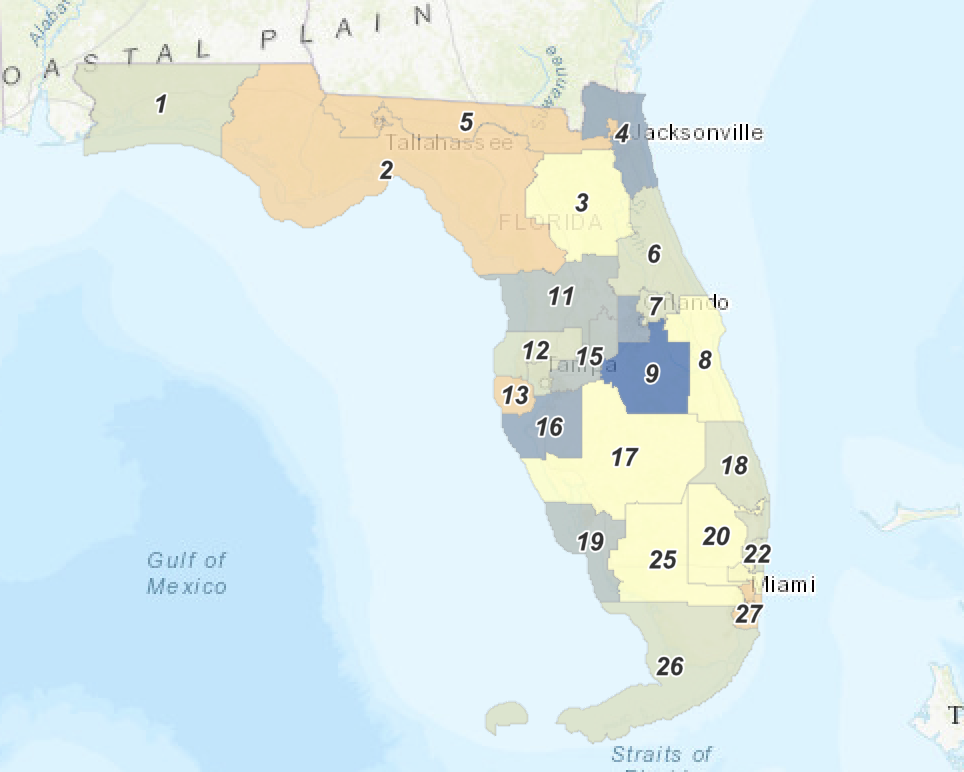A Florida law that has pushed public schools to remove thousands of books, including literary classics, from their shelves could get even more restrictive soon, as Republican lawmakers move to close a “loophole” they say still allows volumes depicting nudity or sexual conduct to remain on campuses.
New bills backed by GOP legislators would mean school districts could no longer consider a book’s artistic, literary, political or scientific value when deciding whether to keep it. Instead, any book that “describes sexual conduct” could face removal.
Already, critics argue the 2023 law is unconstitutional — a pending federal lawsuit says it violates the First Amendment — and overly broad and vague. Some worried educators have removed children’s picture books, such as “No David!” by David Shannon, showing cartoonish bare bottoms out of fear they depict the prohibited “sexual conduct.” Classics such as Leo Tolstoy’s “Anna Karenina” and Ernest Hemingway’s “For Whom the Bell Tolls” also have been pulled.
But Republicans say there are still inappropriate and “pornographic” books in school libraries and classrooms, and they argue the law needs to be strengthened.
Federal Judges are allowing a legal challenge to South Florida’s congressional and Florida House districts to move forward.
But the three-Judge panel also said plaintiffs were only allowed to continue a challenge against eight of 10 districts originally called out in federal complaints.
The lawsuit ironically alleges the same motivations behind the cartography that Gov. Ron DeSantis claimed motivated him to veto a congressional map (P 0109) approved by the Legislature before his office submitted the map, which has been in place since 2022.
The lawsuit said Florida’s 26th, 27th and 28th Congressional Districts were all drawn motivated primarily by race. Notably, all three districts are currently represented by Republican Cuban Americans: U.S. Reps. Mario Díaz-Balartof Hialeah, María Elvira Salazar of Coral Gables and Carlos Giménez of Miami-Dade, respectively.
The courts only will allow a legal challenge to CD 26, Díaz-Balart’s district. That notably spans from Immokalee in Collier County to Hialeah and Miami Beach in north Miami-Dade County.
MIAMI – The City of Miami is fighting back against a judge’s ruling that said commissioners drew a voting map based on race and ethnicity.
In 2022, voting rights activists sued Miami over the new map.
Last month, a judge agreed and invalidated the boundaries of the city’s five districts calling the map unconstitutional. CBS News Miami partner The Miami Herald cited comments from the commissioners themselves in which they said the map was drawn to ensure the commission had three Hispanic, one white, and one Black commissioner.
The city was set to approve a new map as part of a settlement with minor changes and a payout of one point six million dollars in legal fees to the voting rights activists but they pushed off the decision for another two weeks. The settlement map would be in effect for next year’s local election.
WASHINGTON, D.C. — A federal judge in Florida yesterday struck down Miami’s city commission districts for being unconstitutional racial gerrymanders and ordered the implementation of a new map for future elections.
The ruling stemmed from a federal lawsuit filed in 2022 by local organizations and individual residents alleging that the districts for Miami’s five-member city commission were “drawn along racial lines for the predominant purpose of maintaining racially segregated districts.” As the city’s governing body, the commission has the power to pass local laws, adopt regulations and more.



